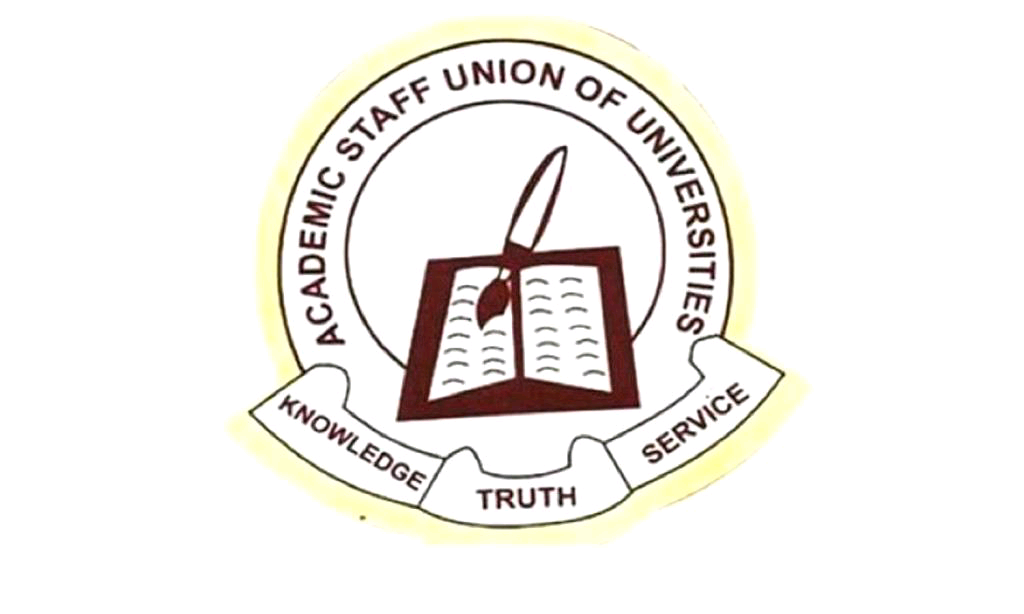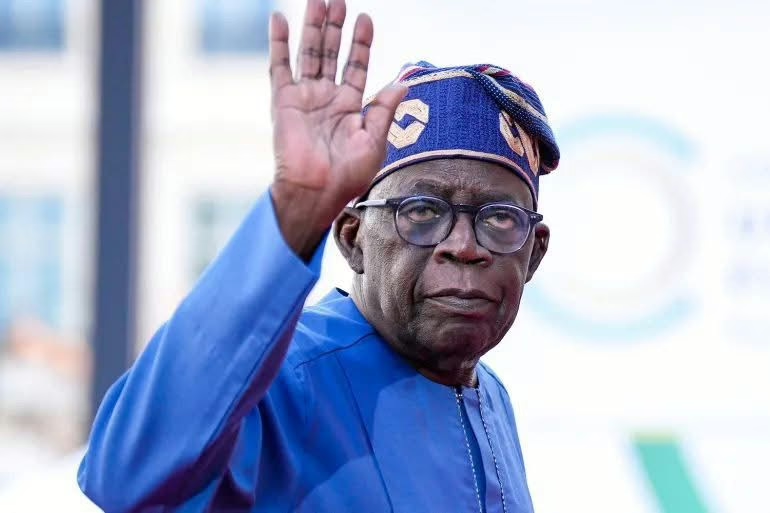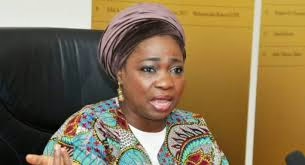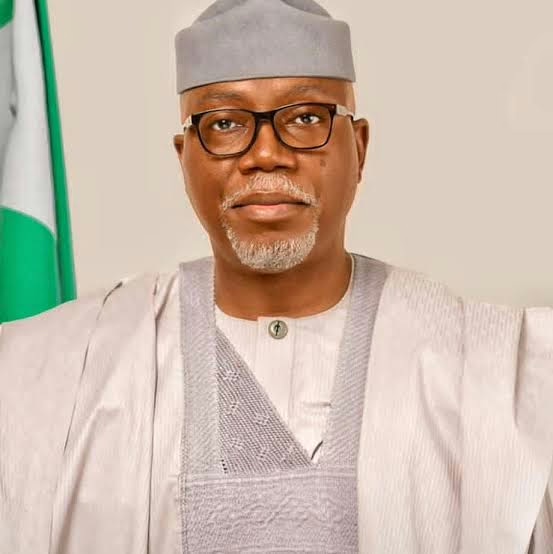The Federal Government has expressed optimism that the decisions reached in its three-part meeting with university-based unions would yield fruits next week.
The Head, Press and Public Relations in the Ministry of Labour and Employment, Mr Olajide Oshundun, in a statement on Friday, said some agreements had been reached between the government and the unions.
The Academic Staff Union of Universities, the Senior Staff Association of Nigerian Universities, the Non-Academic Staff Union, and the Association of Academic Technologists are currently on strike.
The unions embarked on strike actions while demanding improved welfare packages, better working conditions and implementation of various labour agreements signed with the Federal Government between 2009 and 2015.
The Minister of Labour and Employment, Senator Chris Ngige said, “We had a cordial and fruitful discussion; we looked at the issues dispassionately and reached some agreements, to the satisfaction of everybody in attendance.”
Ngige said the meeting was moved out of the labour ministry because government involved some interested parties in a bid to resolve the dispute with the unions.
The parties were the Chief of Staff to the President and Chairman of the three-part meeting, Prof. Ibrahim Gambari, the Chairman of the Nigeria Inter-Religious Council, the Sultan of Sokoto, Alhaji Sa’ad Abubakar III, and the President of the Christian Association of Nigeria and co-chair of NIREC, Rev. Sampson Ayokunle.
The negotiation team also had the Ministers of Labour, Finance, Education, ASUU leaders, and other stakeholders.
The Minister of Labour said, “We discussed. Everybody was happy. We reached some agreements, and we hope that by next week those agreements will start maturing.
“The four unions will also go and brief their members so that they can call off the strike.”
The minister said the issues in the 2009 agreement, such as the renegotiation of the condition of service and the wage review could be concluded next week.
In his remarks, Gambari lamented that the perennial problems in the universities had culminated in the mutilation of the nation’s educational calendar.
He urged ASUU to return to the classrooms while negotiations were ongoing, to avoid violence by students who had begun blocking roads and airports in protest of the prolonged strike.
He gave the assurance that the President, Major General Muhammadu Buhari (retd.), was determined to put an end to the negative developments in the nation’s tertiary institutions.
“We need predictable and quality education so that the human capital required to move our country forward will be developed consistently,” Gambari said.
Ayokunle, on his part, also appealed to the unions to return to work in the interest of the children and the nation.
The ASUU President, Prof. Emmanuel Osodeke, urged the government to give quality attention to education, saying all the problems in the sector could be amicably resolved if the government does the needful soon.
Meanwhile, students of the Obafemi Awolowo University, Ile-Ife, under the aegis of the Great Ife Concerned Students in collaboration with the Fund Education Coalition protested against the protracted ASUU strike. They blocked major roads in Osun State, leading to gridlock.
The leader of protesters, Omowumi Abraham, said, “With our education, we are becoming a threat to those in government. They should fund education. In 2020, we were at home because of ASUU strike and coronavirus. There was a surge in the crime rate. They should not toy with our future. They should immediately reopen schools.”
In a similar vein, students of Adekunle Ajasin University Akungba-Akoko, on Friday, also took to the streets protesting against the strike.
Speaking during the protest, President of the Students’ Union Government, Kolade Ogunsanmi, said “We, Nigerian students, Adekunle Ajasin University students, are on the street of Akungba to express our displeasure to the Federal Government and in no distant time, the government should answer ASUU so that our universities can reopen.”
The Vice President of the Students’ Union, Kemisola Salami said, “Our education is being truncated; we are tired of sitting at home with no job; we are using this medium to plead with Federal Government to meet with ASUU and end the strike.”
In Imo State, university undergraduates also staged a protest on Friday against the lingering ASUU strike.
The Senate President of the National Association of Imo State Students, Alfred Jacinta, said, “We are giving them seven days to resolve their issues, else we will block all the major roads until our demands are met.
“We are not asking for too much. We are only asking that we should be allowed to complete our academic programmes. It is a time for us to say enough is enough and take our destinies in our hands.”
Meanwhile, the Oluwo of Iwo, Oba Abdulrosheed Akanbi, has appealed to the Federal Government and the striking ASUU members to resolve their differences to protect the future of Nigerian students.
Oba Akanbi made the call in a statement by his Press Secretary, Alli Ibraheem, on Friday.
The monarch said, “The security fragility of the nation calls for rigid handling of the educational sector. Failure to do so will unavoidably magnify the tense security challenge in the nation. I extend my appeal to the ASUU to prioritise students’ interest and be soft in their demand from the Federal Government.”











Leave a Reply